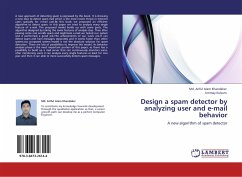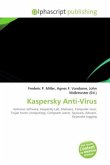E-mail spam, also known as junk e-mail, is a subset of spam that involves nearly identical messages sent to numerous recipients by e-mail. A common synonym for spam is unsolicited bulk e-mail (UBE). Definitions of spam usually include the aspects that email is unsolicited and sent in bulk. "UCE" refers specifically to unsolicited commercial e-mail. E-mail spam has steadily, even exponentially grown since the early 1990s to several billion messages a day. The total volume of spam (over 100 billion emails per day as of April 2008) has leveled off slightly in recent years, and is no longer growing exponentially. The amount received by most e-mail users has decreased, mostly because of better filtering. About 80% of all spam is sent by fewer than 200 spammers. Botnets, networks of virus-infected computers, are used to send about 80% of spam. Since the cost of the spam is borne mostly by the recipient,[6] it is effectively postage due advertising. The legal status of spam varies from one jurisdiction to another. In the United States, spam was declared to be legal by the CAN-SPAM Act of 2003 provided the message adheres to certain specifications.
Bitte wählen Sie Ihr Anliegen aus.
Rechnungen
Retourenschein anfordern
Bestellstatus
Storno








